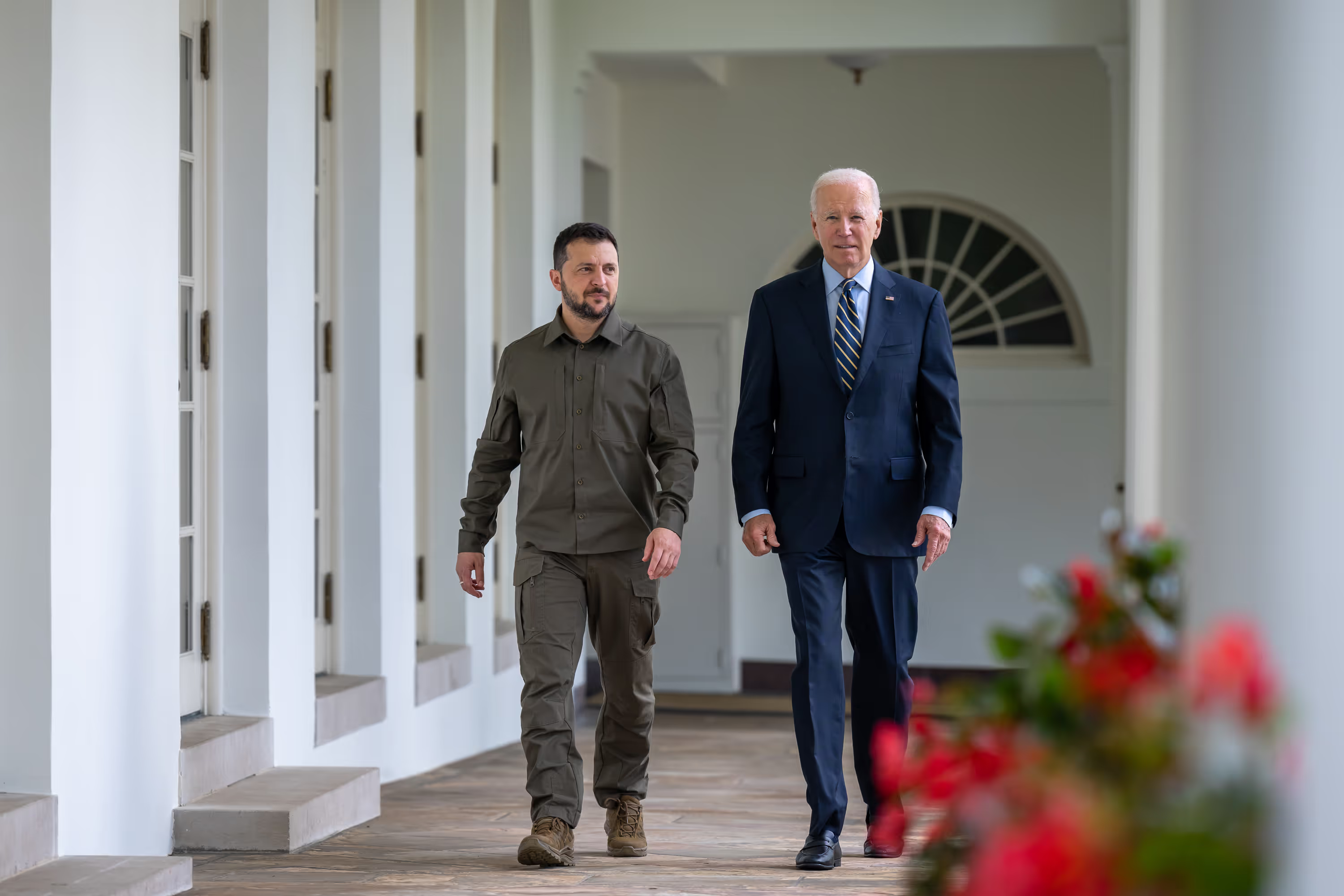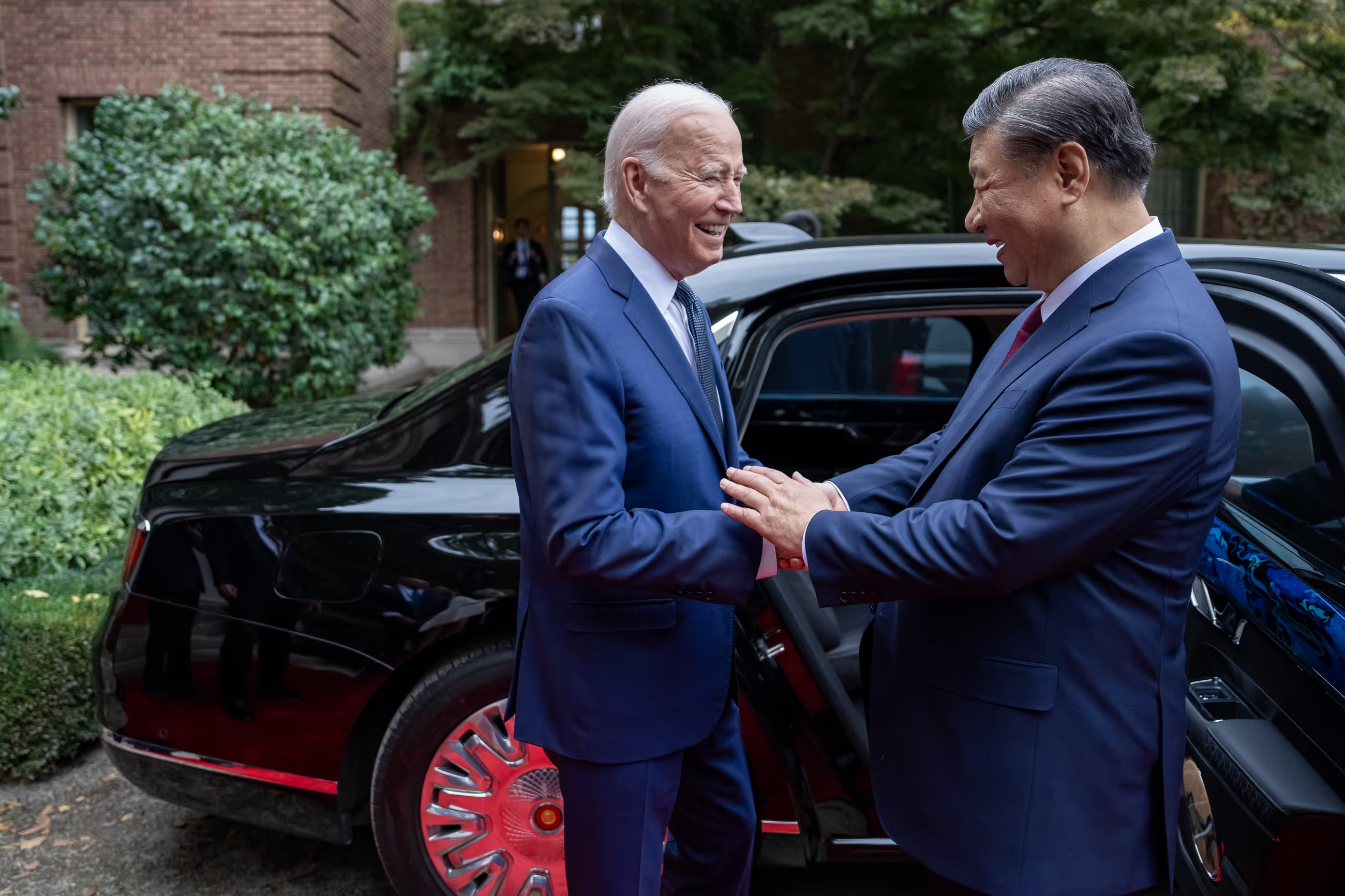
Type
Leans Left
Topic
Climate Change
Leans Left
By

Thinktanker Summary
- Brookings expert Samantha Gross writes that reducing oil production in the U.S. will not significantly impact global oil production, as other producers can easily fill the gap.
- Changing the transportation system from gasoline and diesel to electricity is key to reducing oil demand and greenhouse gas emissions.
Overview:
This article by Brookings expert Samantha Gross argues that reducing U.S. oil demand, rather than production, is the most effective strategy for addressing climate change.
- It emphasizes that focusing on reducing oil production in the U.S. will not significantly impact global oil production, as other producers can easily fill the gap.
- The article suggests that changing the transportation system from gasoline and diesel to electricity is key to reducing oil demand and greenhouse gas emissions.
Key Quotes:
- "Without these changes in our transport system, canceling specific projects or limiting U.S. oil production will only move emissions elsewhere, rather than reducing them."
- "The United States is not the world’s marginal producer of oil, meaning that eliminating a project in the United States will not meaningfully reduce global oil production."
What They Discuss:
- The U.S. is a leading oil producer, but reducing domestic production won't significantly lower global emissions due to the fungibility of oil.
- The focus should be on reducing oil demand, particularly in transportation, which accounts for a significant portion of U.S. oil use.
- Electric vehicles are a key part of the solution, but broader changes in transportation infrastructure and urban design are also necessary.
- The article critiques the approach of targeting specific oil production projects, arguing it's ineffective in reducing overall emissions.
- It advocates for a combination of strict regulation of domestic oil production and policies to reduce oil demand.
What They Recommend:
- Implement stringent fuel economy standards and promote electric vehicle adoption.
- Redesign cities and lifestyles to make efficient transport modes more viable.
- Strictly regulate U.S. oil production, focusing on minimizing greenhouse gas emissions.
- Develop and demonstrate new technologies to facilitate the transition away from oil dependency.
Key Takeaways:
- The article argues that reducing oil demand is a more effective climate strategy than targeting production.
- It highlights the need for systemic changes in energy use, particularly in transportation.
- The recommendations focus on a combination of regulatory measures and technological innovation to achieve significant reductions in oil demand and emissions.
This is a brief overview of the work from Brookings Institution. For complete insights, we recommend reading the full article.










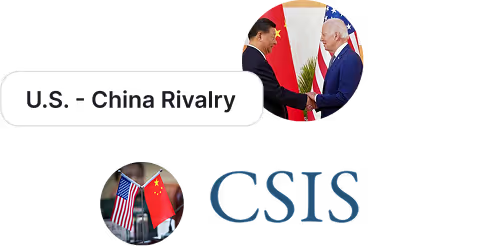

.avif)

.avif)
.avif)
.avif)
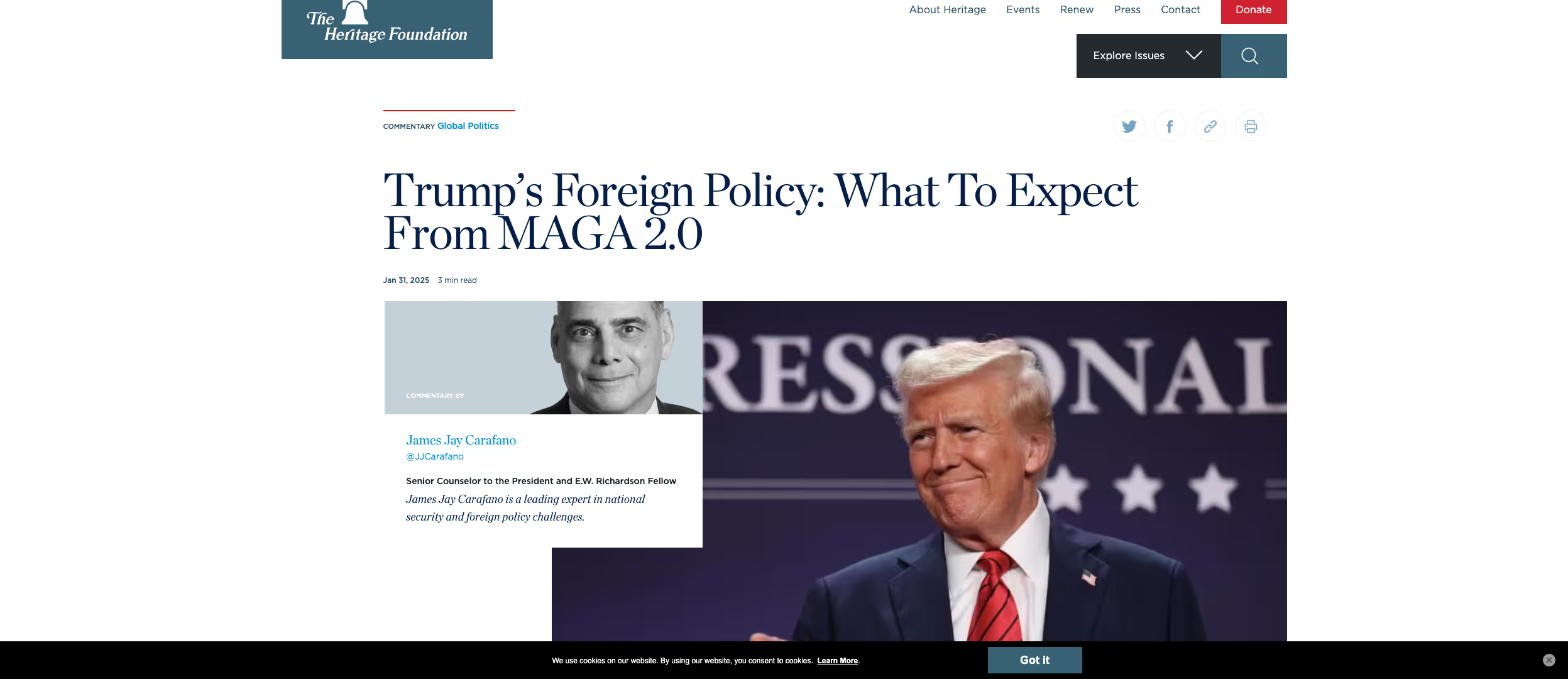
.avif)
.avif)
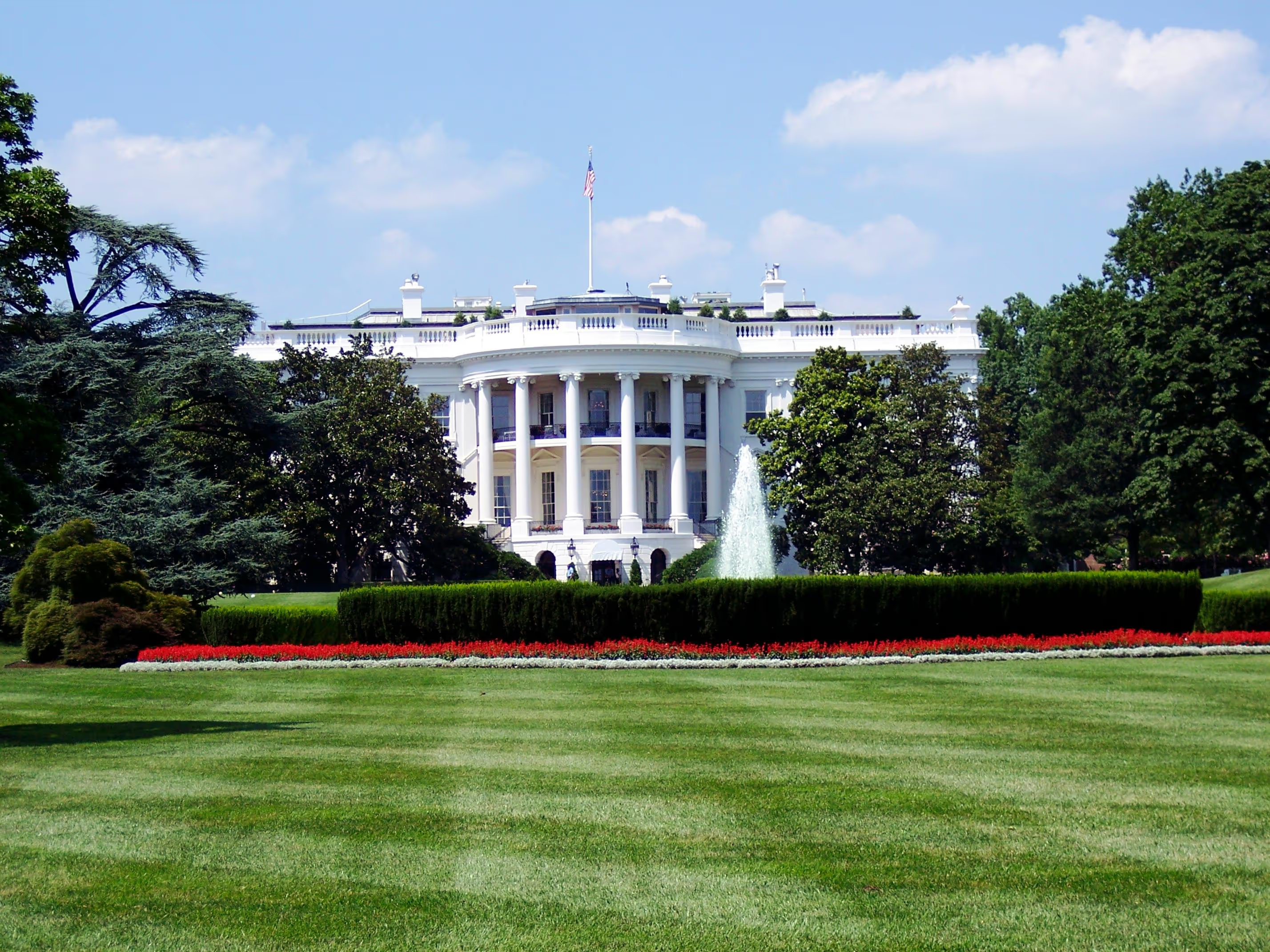


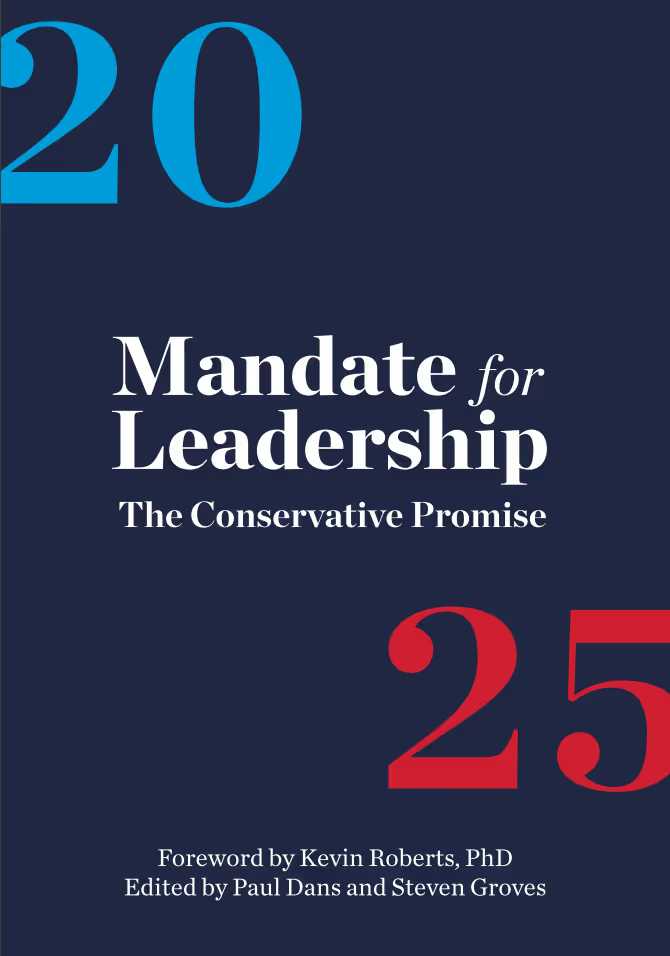





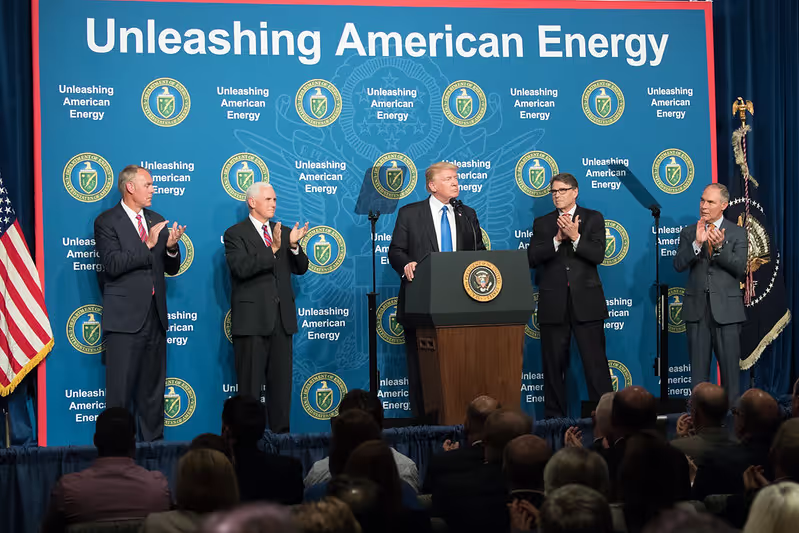

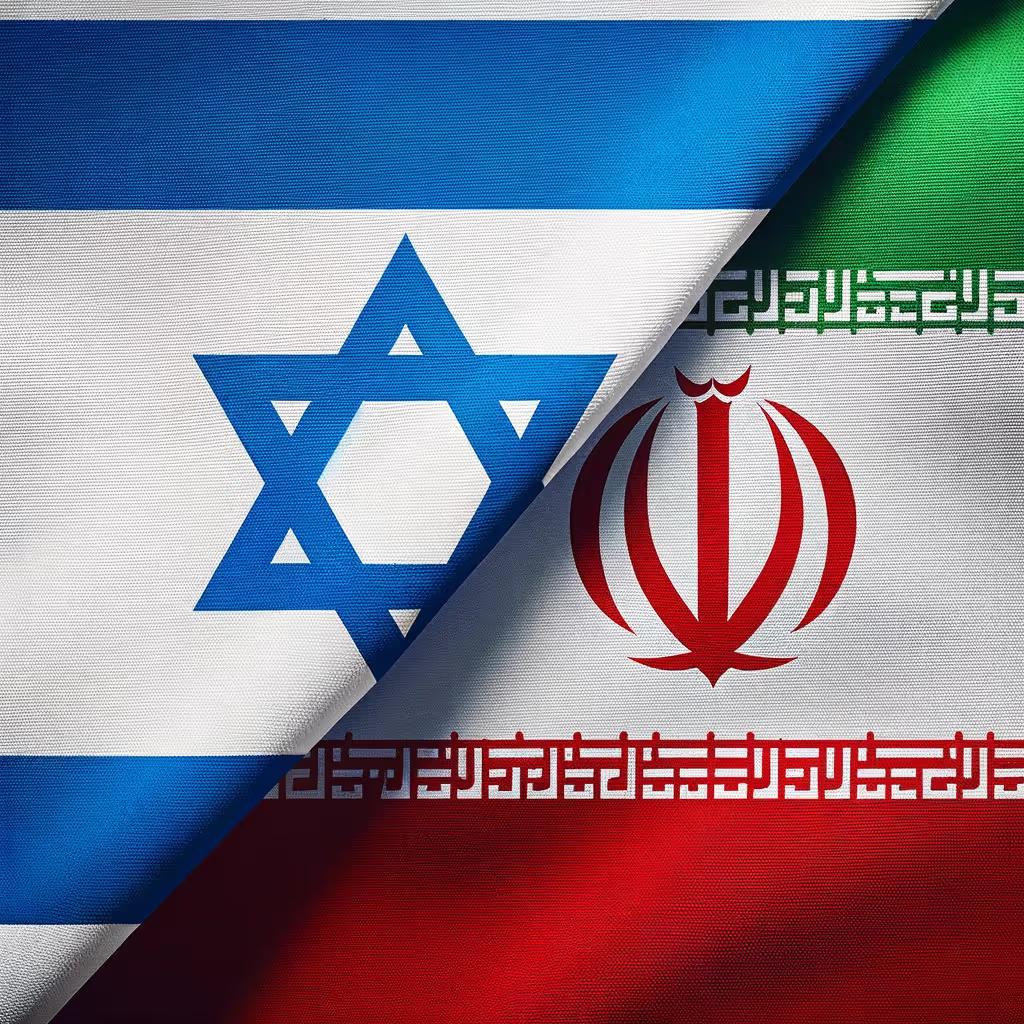














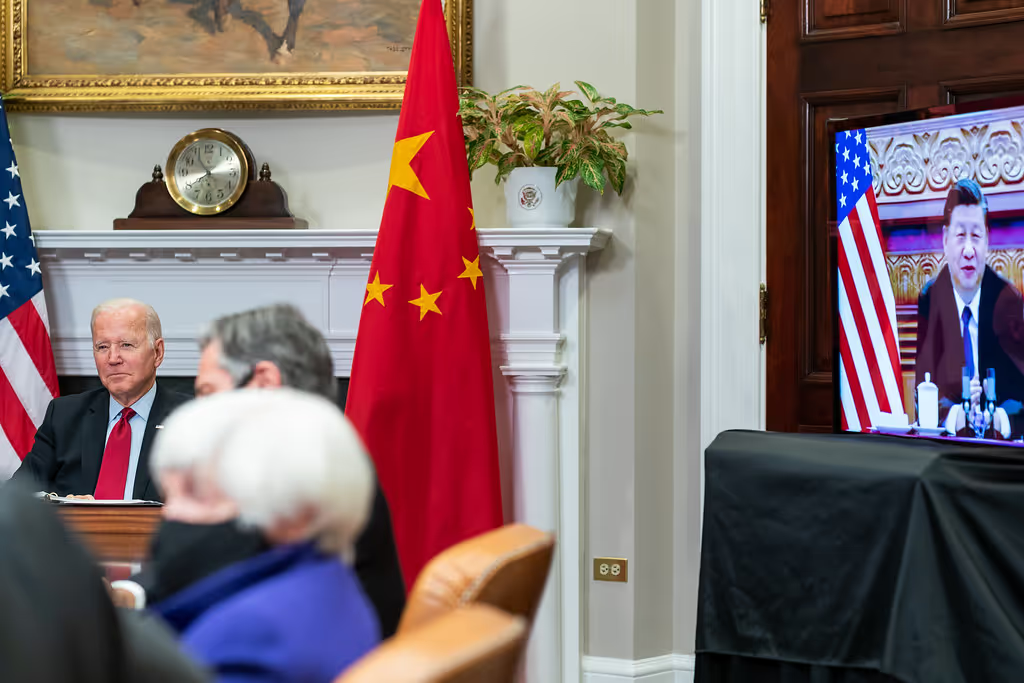










.avif)
